The Office of Sustainability proudly represents Auburn University in the following sustainability-related memberships and affiliations.
Affiliations & Awards |
Practices
Affiliations

The American Energy Society serves everyone in energy by providing verifiable, data-driven content, promoting energy literacy, and encouraging civility across all energy sectors. All of its resources (including current and archived publication, datasets, maps, professional development services, etc.) are available to everyone with an @auburn.edu email address.
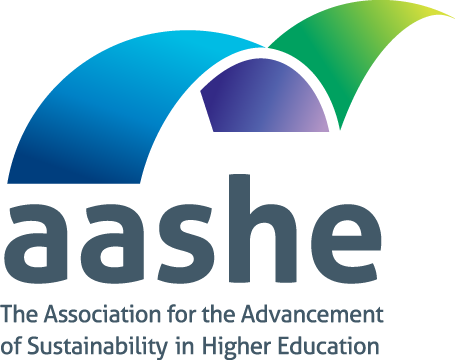
The Association for the Advancement of Sustainability in Higher Education (AASHE) exists to empower higher education to lead the sustainability transformation. AASHE provides resources, professional development, and a network of support to enable members to model and advance sustainability.

The Climate Leadership Network’s Climate Commitment exists to accelerate progress toward climate neutrality and sustainability by empowering the higher education sector to educate students, create solutions, and provide leadership-by-example for the rest of society. Signatories to the commitment have agreed to take tangible steps to place their institutions at the forefront of efforts to achieve climate-neutrality.
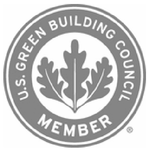
The US Green Building Council (USGBC) seeks to transform the way buildings and communities are designed, built, and operated, enabling an environmentally and socially responsible, healthy, and prosperous environment that improves the quality of life. USGBC oversees the LEED building certification program, provides educational offerings, and advocates for policies that support green buildings and communities.

Overseen by the UN Secretary-General, the Sustainable Development Solutions Network (SDSN) was established in 2012 to ensure the Sustainable Development Goals are being acted upon and achieved. Auburn University became a member of the network in 2020, joining over 1,300 member institutions spanning the globe.

The Sustainability Accelerator Network has been at the forefront of the sustainability movement since 1992. Working at every scale from the local to the global, the Sustainability Accelerator Network provides sustainability consulting, training, research, education, and other services to governments, communities, corporations, schools, and other organizations, and provides sustainability training for individuals. The Office of Sustainability is a licensed affiliate of this global network.
Awards
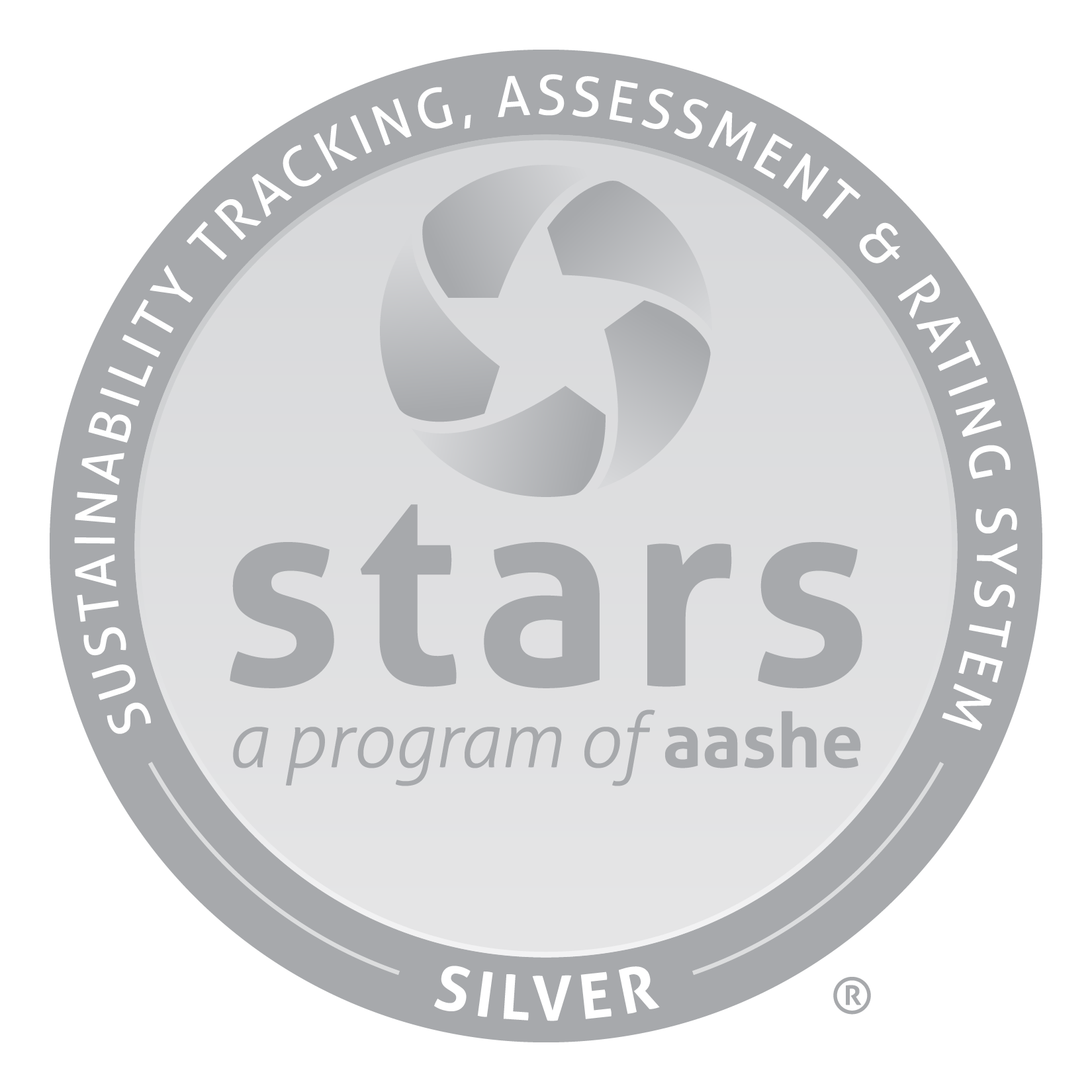
The Sustainability Tracking, Assessment, and Ratings System (STARS) is a transparent, self-reporting framework for colleges and universities to measure their sustainability performance. The assessment examines practices related to academics, engagement, operations, and planning/administration. Recognition may be achieved at the Bronze, Silver, Gold, or Platinum levels based upon credits earned. Based upon our 2013, 2016, 2019, and 2022 assessments Auburn University earned a Silver recognition each reporting year.
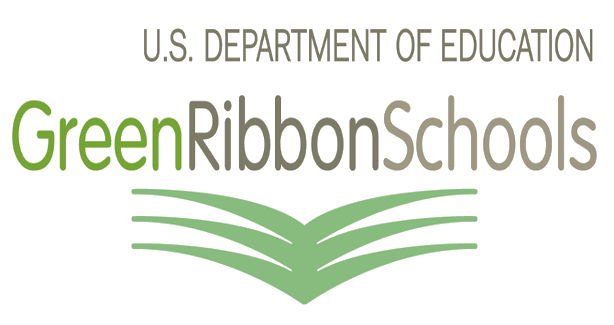
The United States Department of Education’s Green Ribbon Schools award recognizes K-12 schools, districts, and institutions of higher education that reduce environmental impacts and costs; improve the health and wellness of schools, students, and staff; and provide environmental education that effectively incorporates STEM, civic skills, and green career pathway opportunities. Combined achievement in all three areas serves as the basis for recognition, and such efforts help to meet Department of Education goals for improving performance, increasing efficiency, reducing college costs, increasing graduation rates, improving alumni employment rates, and developing robust civic skills in graduates. Auburn University was 1 of 9 institutions honored in the inaugural group of higher education institutions in 2015.
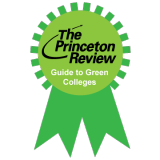
The Princeton Review’s Guide to Green Colleges profiles institutions of higher education in the United States and Canada that demonstrate a strong commitment to sustainability in their academic offerings, campus infrastructure, activities, and career preparation. Auburn University has been recognized in this guide for 9 consecutive years.
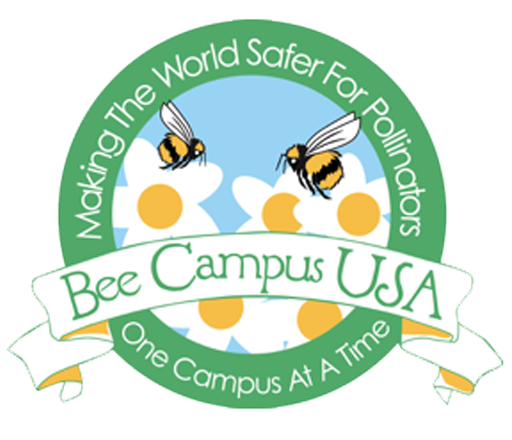
The Bee Campus USA designation recognizes educational campuses that commit to a set of practices that support pollinators, including bees, butterflies, birds, and bats, among thousands of other species. To receive this designation, Auburn University must uphold 7 commitments focused on protecting pollinators and their habitats, along with promoting awareness of the roles they play and how others can join efforts to support them. Auburn was the 39th university to earn this designation and the first in the state of Alabama.
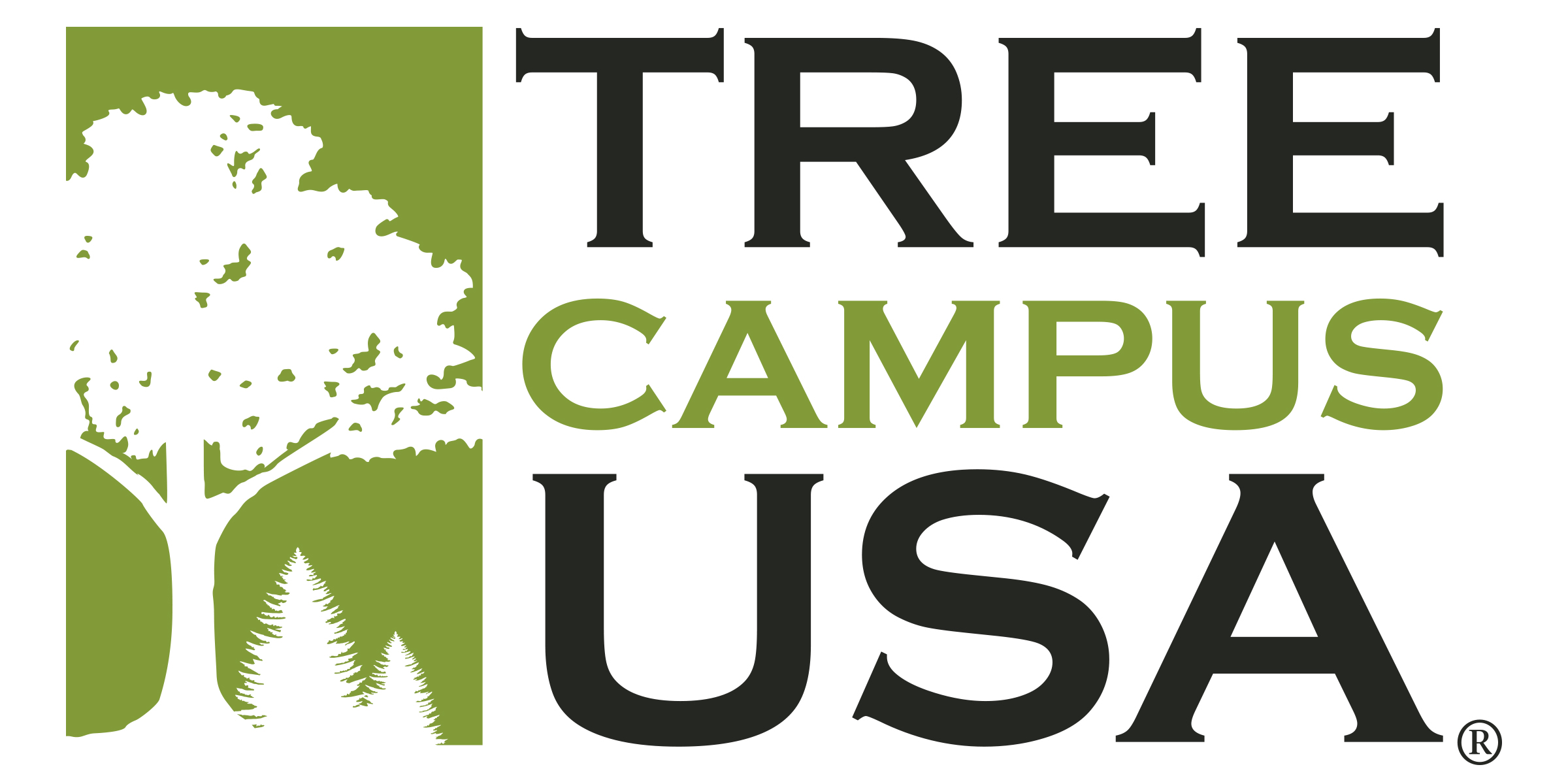
The Arbor Day Foundation’s Tree Campus USA program recognizes colleges and universities that effectively manage their trees; promote healthy, urban forests; and engage their students. To receive this distinction, campuses must form a tree advisory committee, create a tree care plan and program, observe Arbor Day, and conduct a tree-based service learning project.
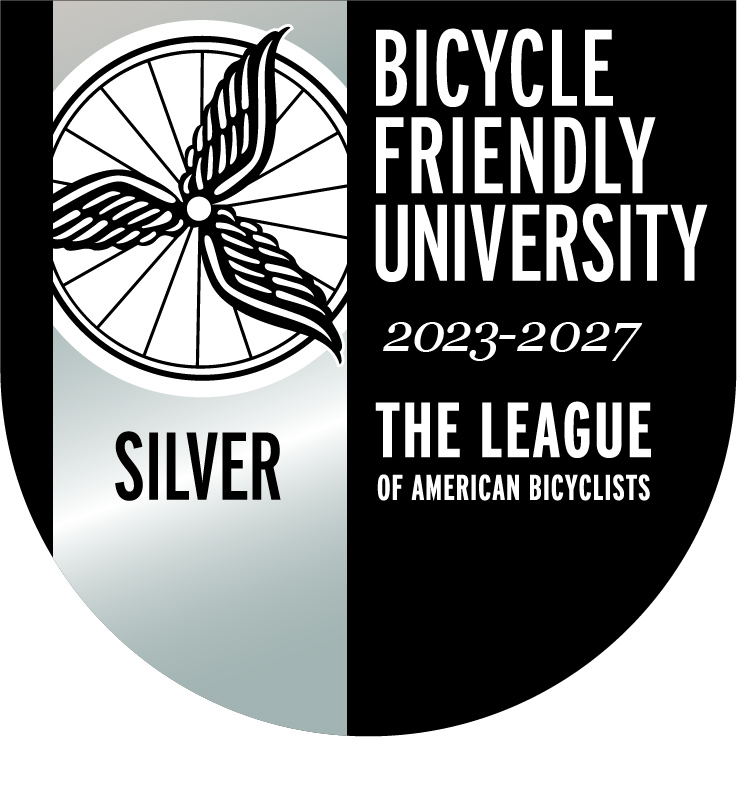
The Bicycle Friendly University designation, awarded by The League of American Bicyclists, recognizes campuses that make biking an integral part of the college experience. Amenities like bike racks and over 12 miles of bike lanes/paths, in addition to offerings from Auburn Outdoors such as clinics, trips and access to maintenance tools, have earned Auburn University a Silver Bicycle Friendly University designation.




